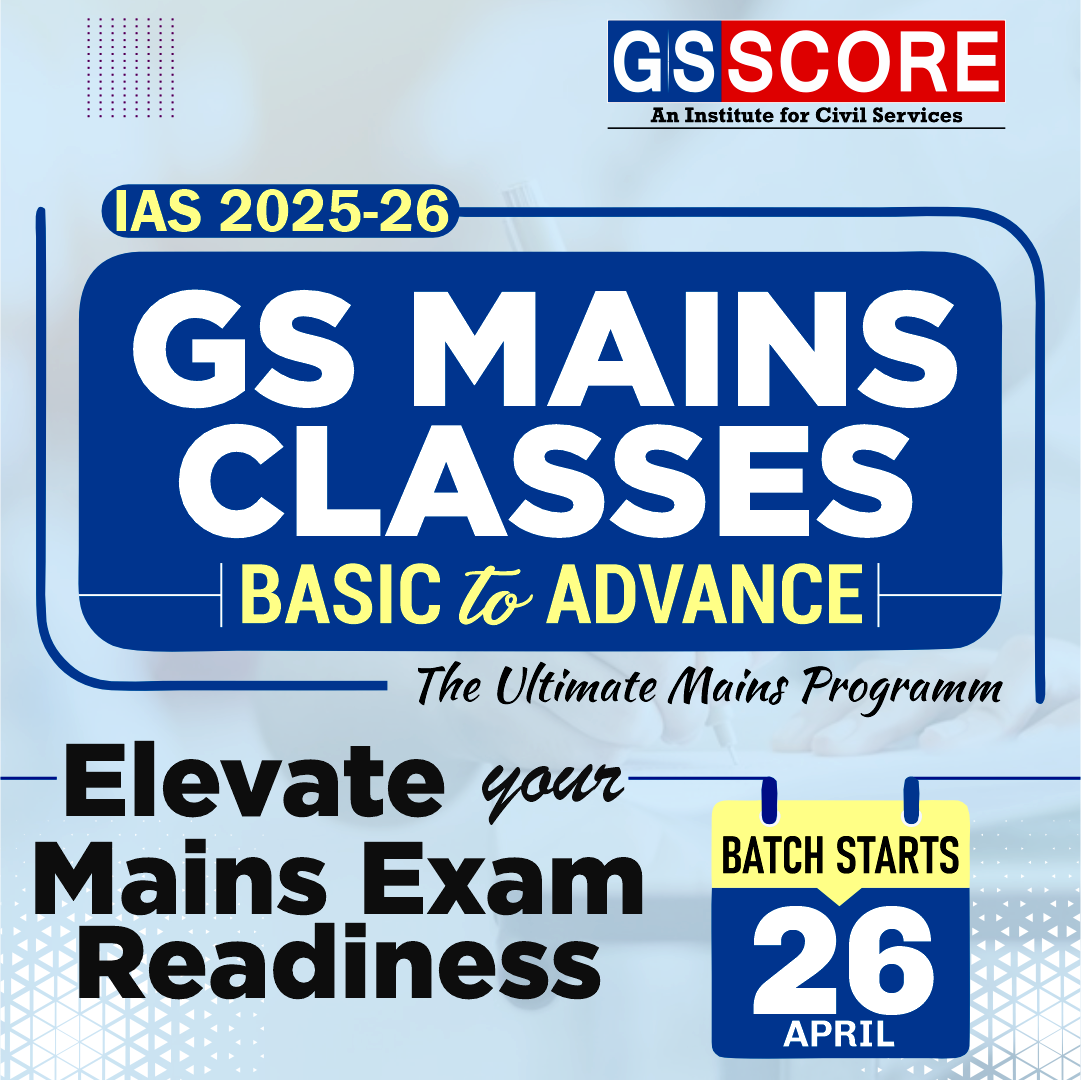Review Petition by Centre on the Supreme Court’s Judgement
Context
The Centre moved to Supreme Court (SC), seeking a review of the court’s order for granting remission to the convicts of the Rajiv Gandhi assassination case.
- They argued that the judgement was passed without seeking the Centre’s suggestions.
About
What was the Centre’s argument against the Supreme Court’s Orders?
- Union of India as a main party to the issue: The government mentioned that the convicts who sought remission did not make the Union of India a respondent in their plea ‘despite it being a necessary party’ to the issue.
- Conflict of Powers between the Centre and Supreme Court: The majority of the appellants were foreign nationals and the government’s role was a must.
- According to the Centre, granting remission to the terrorist of a foreign nation, who had been duly convicted in accordance with the law of land for the gruesome offence of assassinating the former Prime Minister of the country is unjust.
- It is a matter which has international ramifications and therefore falls squarely within the ‘sovereign powers of the Union of India’.
- Leading to a patent error in the Orders by SC: Also, non-presentation of such crucial facts, going into the root of the matter has resulted in ‘patent anda manifest error’ apparent on the face of record creeping into the final judgment passed and is a miscarriage of justice.
Can the Supreme Court’s Order/Judgment be reverted?
- According to the Constitution, any ruling by the Supreme Court is in the normal course final and binding, and it becomes the law of the land. It is considered final because it provides certainty for deciding future cases.
- However, Under Article 137, the Supreme Court has the power to review its judgments. This provision forms the legal basis for the filing of a “review petition”.
|
It is the sole decision of the Supreme Court itself to hear its judgement. |
What is the procedure for filing a review petition?
- A review petition must be filed within 30 days of the pronouncement of the judgment.
- Except in cases of the death penalty, review petitions are heard through circulation by judges in their chambers. They are usually not heard in open court.
- Lawyers in review petitions usually make their case through written submissions, and not oral arguments.
- The same judges who passed the original verdict usually also hear the review petition.
Criteria by SC’s for review petition:
- In a 1975 ruling, Justice Krishna Iyer said a review can be accepted only where;
- A glaring omission or
- Patent mistake or
- A grave error has crept in earlier by judicial fallibility.
- In a 2013 ruling, the Supreme Court laid down three grounds for seeking a review of a verdict it has delivered:
- The discovery of new and important matter or evidence which, after the exercise of due diligence, was not within the knowledge of the petitioner or could not be produced by him;
- A mistake or error apparent on the face of the record; or
- Any other sufficient reason. In subsequent rulings, the court specified that “any sufficient reason” means a reason that is analogous to the other two grounds.





